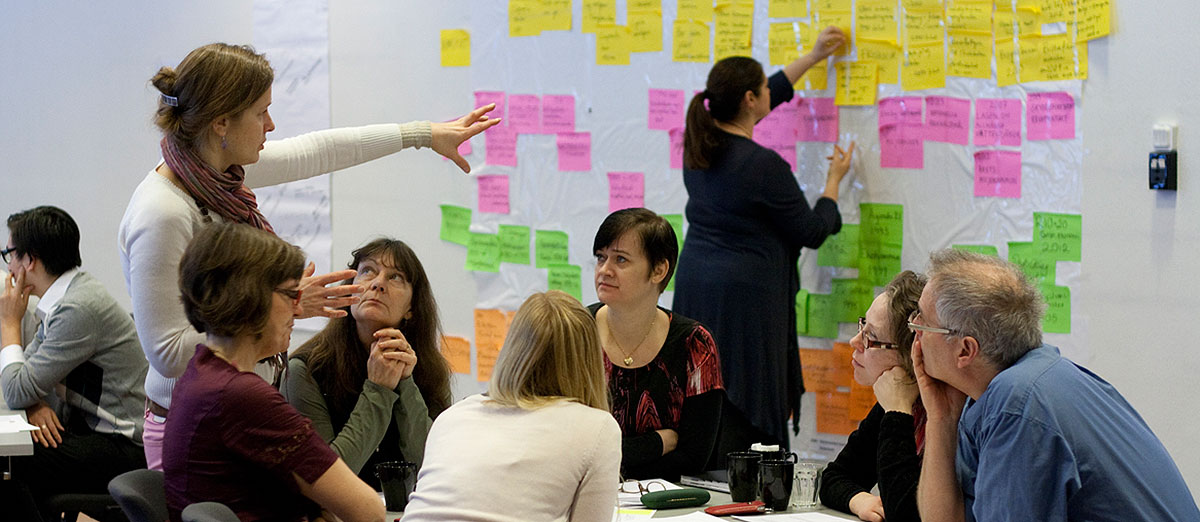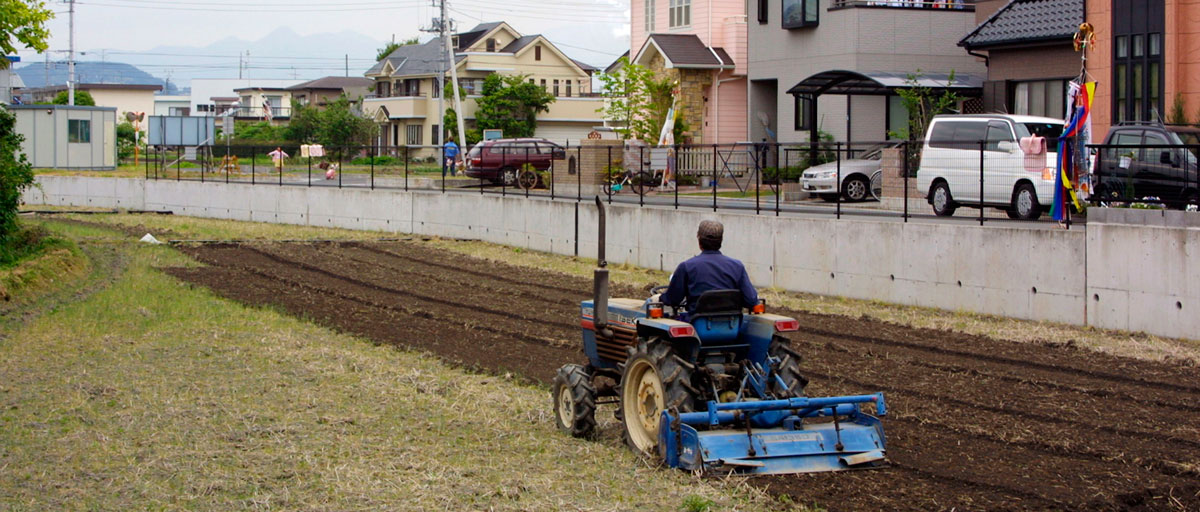Bildtext får vara max två rader text. Hela texten ska högerjusteras om den bara ska innehålla fotobyline! Photo: B. Christensen/Azote
ECONOMICS
Reviewing resilience in economics
Review paper summarizes scholarship of resilience and economics, and projects how management of resilience could benefit sustainability measurement
- New paper looks at resilience and economics, focusing on regime shifts and social-ecological systems
- Authors review economic models, theories, and cases, and suggest how these could benefit sustainability action
- They argue that links between resilience and economic theory have not been systematically established
Remember the financial crisis of 2007-2008? A well-functioning economy is the backbone of any country, but unexpected changes can have tremendous consequences even on a global scale. Then there is climate change, which is increasingly acknowledged to have equally significant influence on a country’s GDP.
It is no surprise that economists have considered how to incorporate these new realities into their work.
The economics of resilience has been studied for the past few decades. Now, a review paper co-authored by centre researchers Anne-Sophie Crépin (also deputy director at the Beijer Institute of ecological economics) and Carl Folke, together with Chuan-Zhong Li from Uppsala University, offers a summary of this body of work.
More specifically, the paper, published in the International Review of Environmental Resource Economics, looks at resilience and economic models, theories, and cases, with special reference to social-ecological systems and regime shifts, the latter referring to large, abrupt, persistent changes to a system.
Crépin explains, “We address the basic sciences of regime shifts and resilience in different settings linked to empirical cases, and review the related economic models. In particular, we discuss models to assess market outcomes when thresholds exist and are known and particular characteristics of such systems when they are optimally managed.”
Models of interest
The paper starts off with a review of three categories of economic models related to resilience thinking.
The first category reviewed were deterministic models of central and cooperative decisions. Deterministic models do not account for any randomness in the system, and will always produce the same output if initiating from the same starting point. In economics and resilience literature, these models focused on optimization. An example is whether it would be better for a community to have a clear lake providing more fisheries amenities by restricting agricultural activities on the shore or promote agriculture but accept that the lake would undergo a regime shift.
The second category focused on situations with multiple independent resource users. In such situation each resource user faces strategic uncertainty because they do not know what other users will do. This could either lead to more or less exploitation depending on users’ strategies.
The third type of models was stochastic, or models that account for random variability in the resource itself. The authors say that while these types of models have been used in economics and resilience literature as in reality, end results are often unpredictable no matter how much information is known at the start.
In the review, the authors highlight that, “economic theory has substantially advanced the deterministic and stochastic models of regime shifts linked to resilience.” For example, fishers can influence the risk of a regime shift by acting precautionary. Such behavior could hinder the system from undergoing a shift to a permanently much lower capacity to grow a fish stock. However, model recommendations about whether or not to act precautionary seem extremely sensitive to the assumptions made and more research is needed on that topic.
However, Carl Folke notes that urgent unsolved problems remain. “These involve situations when crossing thresholds imply life-threatening situations at the global scale. In particular, the great acceleration and the risks this has brought for the global environmental security should be better studied.”
There is substantial potential for economic theory to learn from resilience thinking and vice versa
Anne-Sophie Crépin, co-author
Valuing resilience
The review also demonstrates three different aspects of resilience in different systems.
First, biodiversity has been demonstrated to play a role in ecosystem resilience. As Crépin elaborates, “In the environmental and resource economics literature several approaches have been used to measure and value biodiversity.”
From rainfall models to measuring biodiversity levels, biodiversity has been shown to be valuable when it comes to ecosystem resilience.
Second, resilience is known to act as insurance against a shock, such as a natural disaster or civil upheaving, in the economics-resilience literature. However, this was not always the case.
As Folke explains, “Although resilience services and their value as insurance are known to be positively correlated, the exact relationship between them remained less obvious in the earlier literature.”
Finally, the authors reviewed resilience as a “stock.” What the authors mean by this is that resilience is the characteristic of a system to withstand change, such as a regime shift. However, across economic- resilience literature, although resilience has become a popular concept in the literature, few attempts have been made for quantitative measurement.
Putting it into practice
Finally, the authors examine how all of this knowledge generated is applicable in real world. Specifically, they turn to resilience assessments, and how these have informed the management of resilience and sustainability analyses.
While the authors draw a number of links between resilience and economic theory, as well as highlight a number of cases with this focus, they argue that links between these two fields have not been systematically established.
As Crépin explains, “There is substantial potential for economic theory to learn from resilience thinking and vice versa. For example, there is substantial potential for economic theory to provide novel insights to resilience thinking by focusing on the impacts of individual incentives, collective action, and economic policies in a more applied resilience context. This in turn can help resilience thinking better understand how economic processes work in a resilience context.”
Furthermore, Crépin adds, “Advances in resilience measurement and valuation studies, could be useful for improved cost–benefit analysis, dynamic welfare analysis, and practical policymaking.”
In other words, advancements in economics-resilience literature could help us improve policy tools. It could also help us improve our understanding of how resilience can help us in the real world overall.
Methodology
The synthesis article reviewed literature that looked at resilience and economics, with a special focus on social-ecological systems and regime shift. The authors highlight economic models, theories, and empirical cases to demonstrate where resilience theory intersects and could provide new insights.
Li, C.Z., Crépin, A.S. and Folke, C., 2018. The Economics of Resilience. International Review of Environmental and Resource Economics, 11(4), pp.309-353.
Anne-Sophie Crépin is a deputy director at the Beijer Institute of Ecological Economics focuses on links between economic incentives, ecosystem regime shifts, policy and human behaviour. She is a member of the centre’s Strategic Advisory Committee.
Carl Folke is the science director at the centre, has extensive experience in transdisciplinary collaboration between natural and social scientists, and is among the most cited scientists in the world on resilience thinking.










